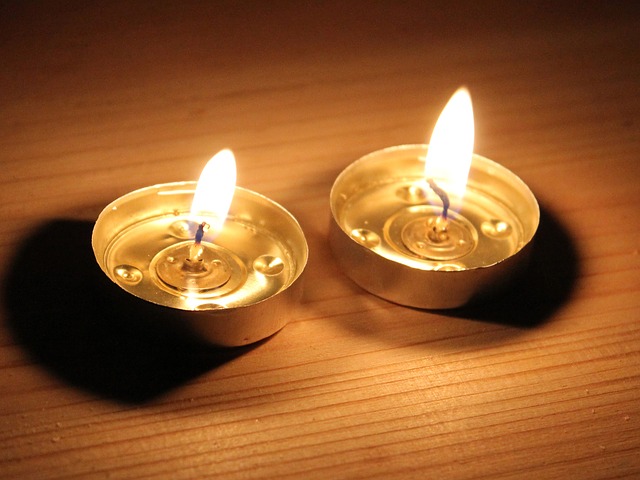
Too Busy to Read this Article? Save it for Shabbat
Many of us complain about being harried and exhausted but is the truth really that we are terrified of “stopping the world and getting off? Are we afraid of Shabbat? Are we afraid of discovering, in cessation, that we’re depressed? Does our sense of purpose come solely from our accomplishments?
The theologian Abraham Heschel, of course, understood all this. That six days a week of “doing” needed to be counter weighted by one day a week of “being.” Otherwise we lose contact with the bigger relationships in life: our relationship with our own inner world, with each other, with our bodies, with mythos (the rhythm of life) instead of just with chronos (clock time).
As women, we are particularly socialized to “read” other people’s feelings impeccably, but we are much worse at reading our own deepest feelings and needs. One big reason for this is that it takes a certain amount of solitude and slowing down to even know what we feel. Time passing lazily allows for a kind of emotional thinking that psychologists call “sorting”— the slow processes that are necessary and cannot be hurried during which we let our thoughts and feelings sift and regroup. This “sorting” eventuates in sliding ourselves into sync with our feelings, and of ultimately experiencing a deeply anchored sense of “at homeness” and of “spiritual renewal.”
Prayer can work like this, removing us from the hurly-burly and letting us just watch to see what might emerge. A walk by a stream, a lazy morning in bed, a whole day reading the newspaper on an old dirty couch (without worrying about getting it reupholstered), a long ride alone in the car, a traditional shabbos—we need these long stretches of time to even begin to get back in touch with our own inner world. Slowing down and solitude—”being” rather than “doing”—can have a permanent effect upon our perception of ourselves and of the world.
Admiral Byrd may seem an odd role model perhaps, but in 1934 he chose to spend a whole winter all by himself in the Antarctic. He could easily have taken other people with him on this expedition, but Byrd, a man of exceptional accomplishments and activity, wrote that he needed to engage in a different kind of daring exploration—that of exploring, in solitude, “the idea of having no important purposes.” He had, he wrote, only “one man’s desire to know that kind of experience to the full, to be by myself for a while and to taste peace and quiet and solitude long enough to find out how good they really are.”
By the end of that winter, in April, Byrd told his diary:
Took my daily walk at 4 p.m. today in 89 degrees of frost. I paused to listen to the silence. The day was dying, the night being born—but with great peace. Here were imponderable processes and forces of the cosmos, harmonious and soundless. Harmony, that was it! That was what came out of the silence—a gentle rhythm, the strain of a perfect chord, the music of the spheres, perhaps.
It was enough to catch that rhythm, momentarily to be myself a part of it. In that instant I could feel no doubt of man’s oneness with the universe. The conviction came that that rhythm was too orderly, too harmonious, too perfect to be a product of blind chance— that, therefore, there must be purpose in the whole and that man was part of that whole and not an accidental offshoot. It was a feeling that transcended reason; that went to the heart of man’s despair and found it groundless. The universe was a cosmos, not a chaos; man [woman too, we hasten to add] was as rightfully a part of that cosmos as were the day and night.
The Jewish invention which involves having a dialogue with existence is called, of course, Shabbat. And so the Ten Commandments [Exodus 20:8-11] tell us: “Six days you should labor and do all your work. …or in six days God made heaven and earth and sea, and all that is in them.” And we think we’re busy???
Be like God, the Exodus passage advises us: “Rest on the seventh day.” Like Byrd, explore the idea of having “no important purposes at all.” Have the courage to get back in touch with the belief that there might actually be a point to it all—that we humans might be “as rightfully a part of the cosmos as is the day and night.” If we put our female “lifestyle traps” on hold for a moment and slow down, might we be able to bring our purposelessness up to speed with the rest of our lives? And, do we dare to find out to what effect?

